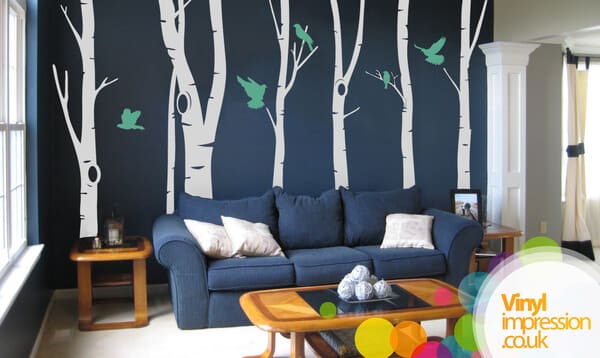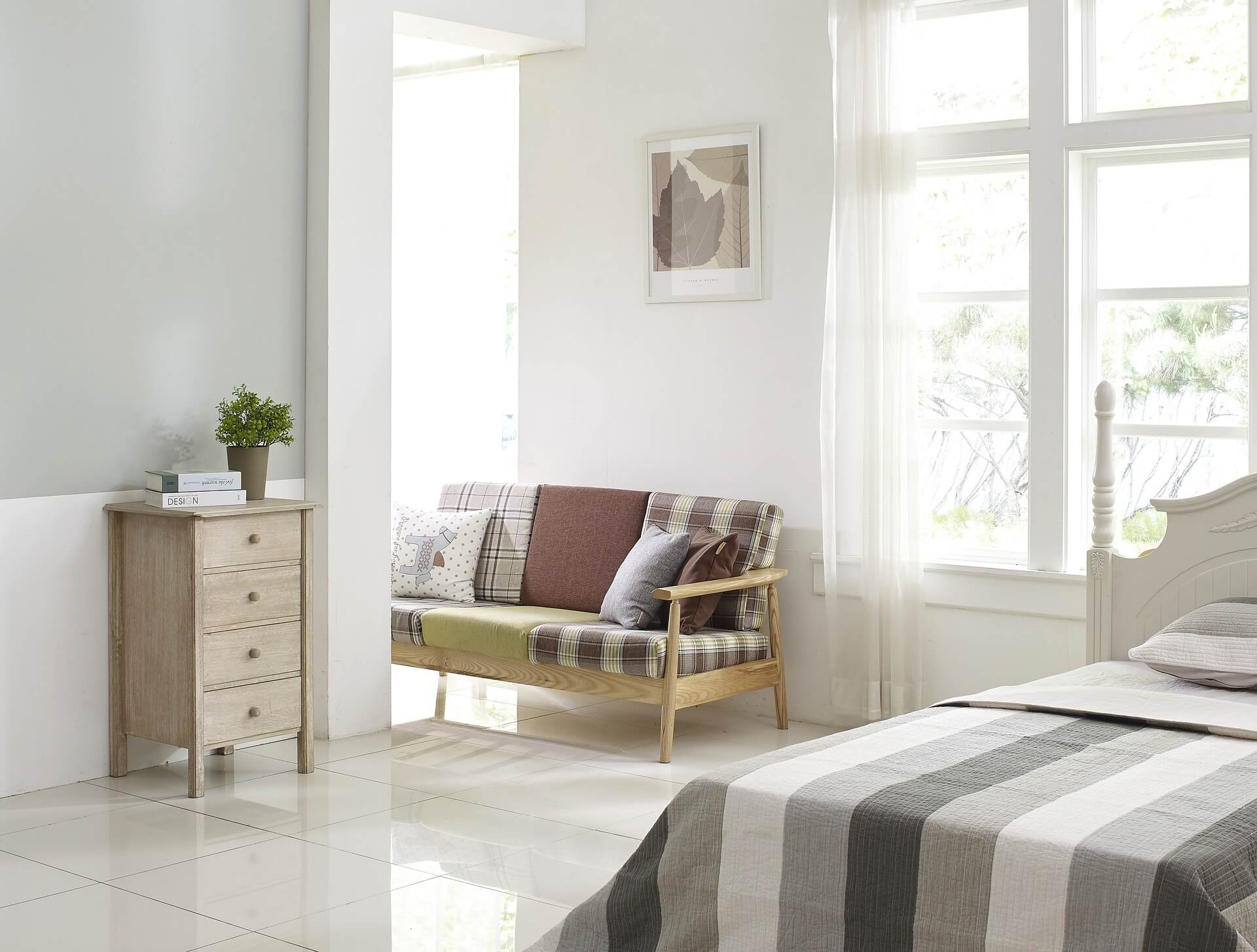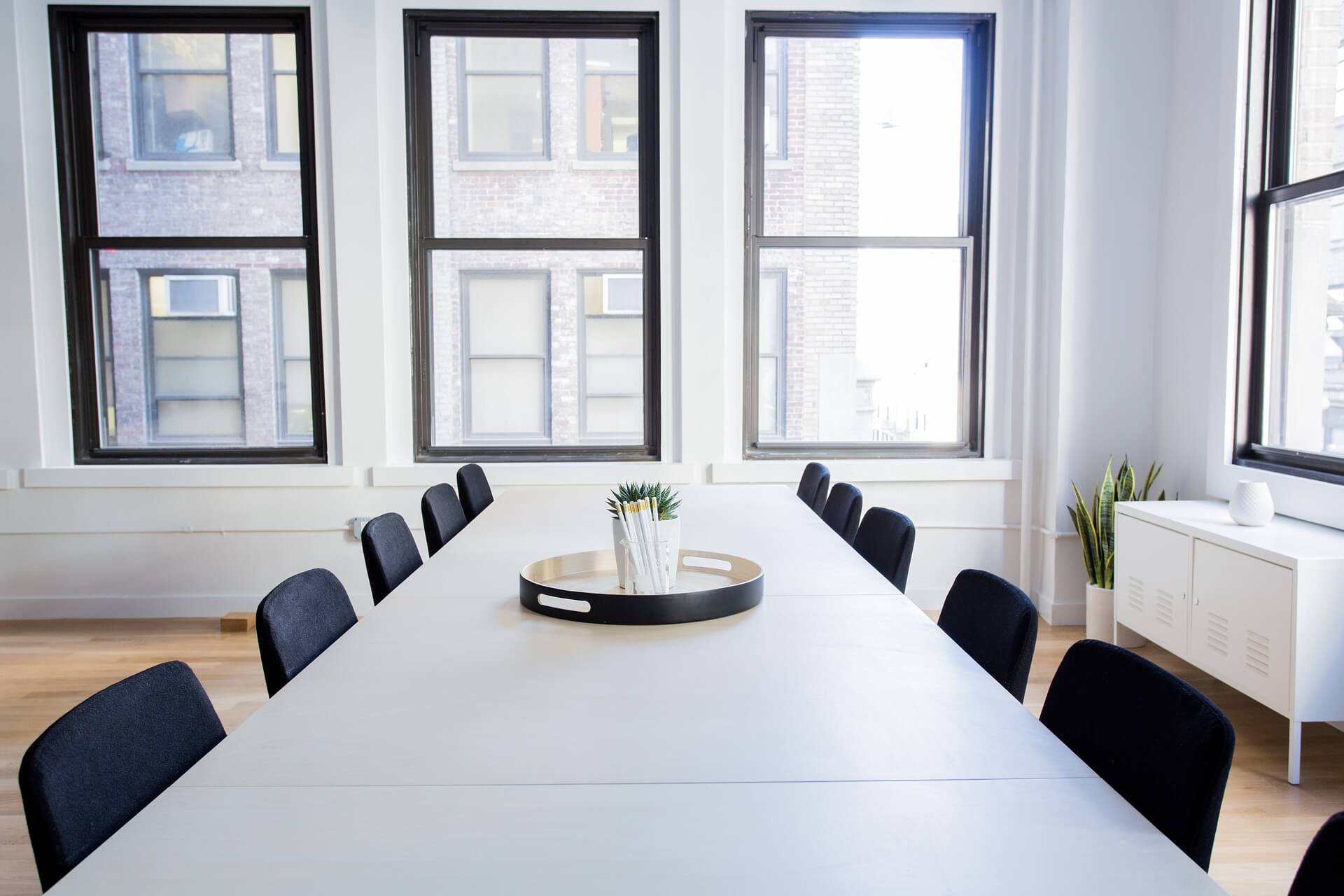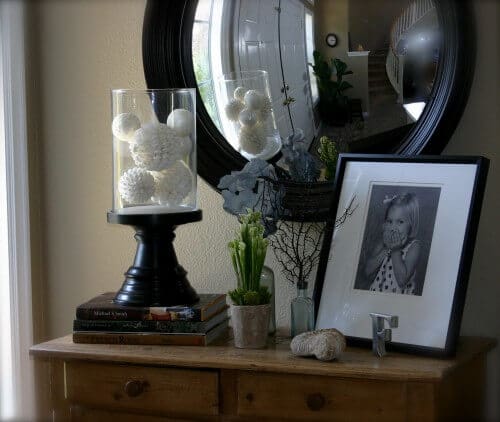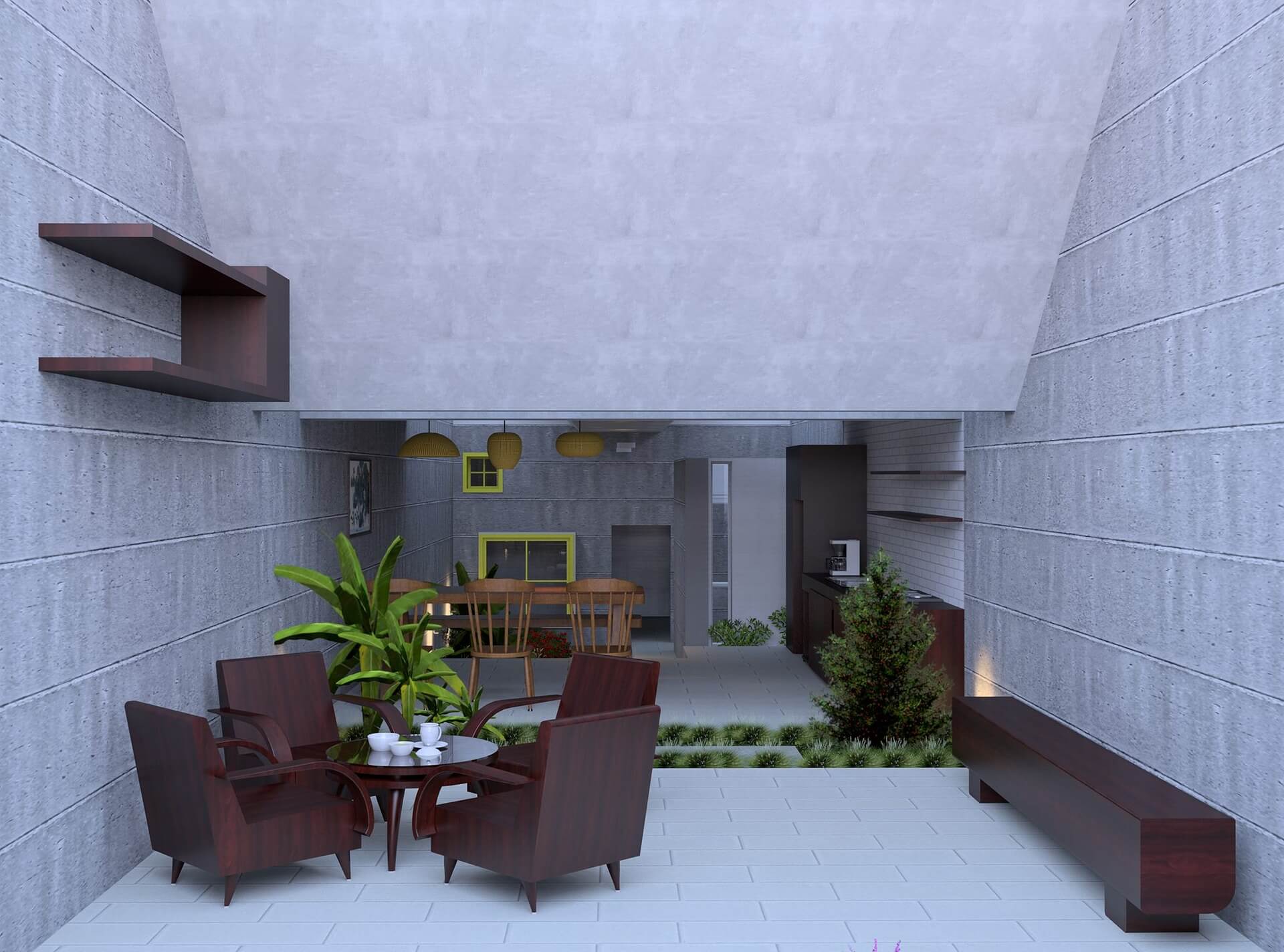Did you know that what your feet stand on could impact your carbon footprint? Homeowners today have many options available for environmentally friendly flooring. Some are made of recycled or sustainable materials and others from renewable resources, and all of them contain little to no volatile organic compounds (VOCs) that can become a gas at room temperature, thereby providing better indoor air quality.
Let’s take a look at your new flooring:
Cork
Cork comes to us from the Mediterranean Quercus suber, or cork oak, tree. Harvesters take care to only strip the bark so that the body of the tree is undamaged and, because the bark grows back in as little as three years, cork is a highly renewable resource. Mold-, mildew-, fire-, and termite-resistant, this antimicrobial flooring option “gives” when compressed, making it soft and comfortable to walk on. Cork floors can last 10 to 30 years in your home and create a room that is naturally warm and quiet.
Bamboo
Stronger and faster growing than hardwoods, bamboo is actually a grass that is harvestable after only five to seven years after planting compared to 50 to 150 years for hardwoods. This flooring option is termite-resistant, durable, easy to maintain and install, and its cost is competitive with hardwood flooring. Bamboo is especially open to customization due to the varied grains and array of colors available within the species.
Carpet
There are several green carpet options available. Some are made of natural materials, such as wool, sisal, jute, and cotton. Polyester Berber carpet, on the other hand, is durable, spill-resistant, and made of recycled plastic bottles. Other recycled carpet tiles prevent used vinyl and nylon from an eternity in landfills and are great for customizing your home. Their small size and variety of designs allow homeowners to create flooring that is unique to the owner and the perfect size for any room. Even better, worn or stained spots can be replaced individually without replacing the whole carpet.
Hardwood
Wood not only looks good, it is renewable, non-toxic, biodegradable, and recyclable. Reclaimed and salvaged wood is made of re-milled lumber from old buildings, or new lumber from dead trees, and serves to decrease greenhouse gases by reusing materials that would have been incinerated. If you want new hardwood flooring, make sure it is certified by the Forest Stewardship Council. Any wood with the FSC stamp of approval comes from a sustainably managed forest.
Tiles
Terrazzo tiles can be made of original or recycled materials, including chips of glass, masonry, concrete, and stone. This highly durable flooring can last more than 40 years but, before committing, make sure that the manufacturer uses little to no VOCs in the epoxy. Recycled glass tiles are a bright addition to the home that won’t mildew, mold, or stain. The sheer number of colors and patterns available make glass an attractive option.
When it comes to green flooring, you have many options that can be used together in your home. Now you can find what best fits your budget and your design aesthetic, all while preserving the planet.



